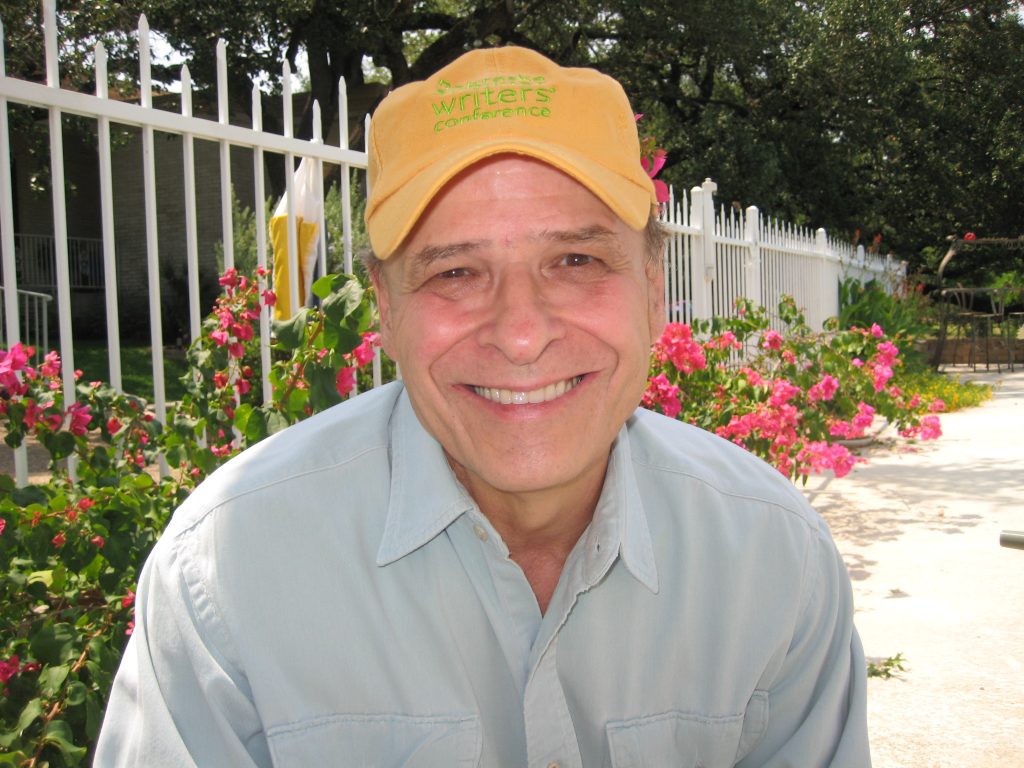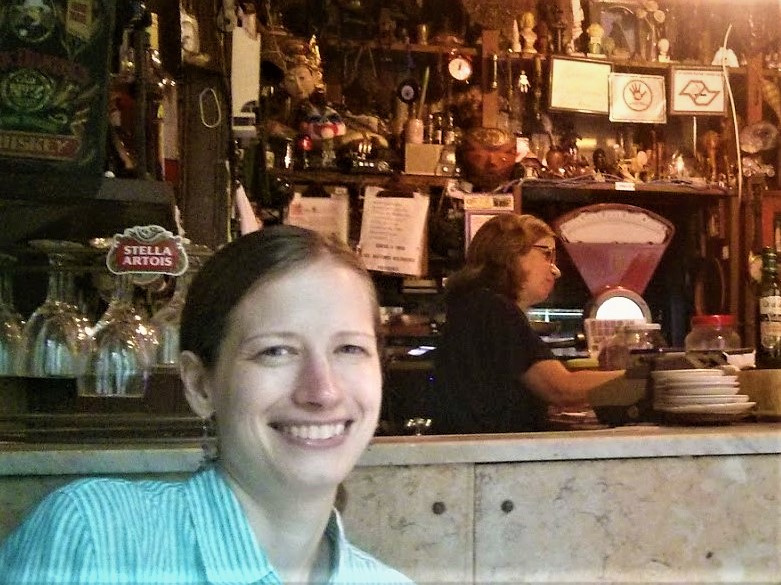By Brendan O’Meara
I hate being hungry. I can’t focus. I get angry. Irritable. Get that man a slice of pizza. Anything!
So years ago when I first read A Moveable Feast, one of my favorite books, by Ernest Hemingway, his sketch “Hunger was Good Discipline” struck me as total BS.
Hemingway wrote,
You got very hungry when you did not eat enough in Paris because all the baker shops had such good things in the windows and people ate outside at tables on the sidewalk so that you saw and smelled the food. When you were skipping meals at a time when you had given up journalism and were writing nothing that anyone in American would buy, explaining at home that you were lunching out with someone, the best place to do it was the Luxembourg gardens where you saw and smelled nothing to eat all the way from the Place de l’Observatoire to the rue de Vaugirard.
In a few words this sounds like a nightmare, skipping meals, but I’ve lived it. To this day. Because money is tight and nobody is buying what I sell and the government must take 50 percent of anything I do make. I eat a vegetarian diet because for $70 a week, it feeds me and my wife.
There’s the gnawing at the gut that Hemingway says,
There you could always go into the Luxembourg museum and all the paintings were heightened and clearer and more beautiful if you were belly-empty, hollow-hungry. I learned to understand Cezanne much better and to see truly how he made landscapes when I was hungry.
This was where my infantile reader mind flew off the handles. If I were looking at paintings on an empty stomach, the growling would far distract my senses from anything other than the most primal need to eat.
But upon re-reading this section, I realized this wasn’t food-hunger at all. It was the hunger of the hustler, that when you deeply want something, when you can’t think of anything else other than whatever-that-is, that hunger creates the discipline to hit the page with rigor.
Hemingway says,
You dirty phony saint and martyr, I said to myself. You quit journalism of your own accord. You have credit and Sylvia [Beech] would have loaned you money. She has plenty of times. Sure. And then the next thing you would be compromising on something else. Hunger is healthy and the pictures do look better when you are hungry. Eating is wonderful too and do you know where you are going to eat right now?
Of course he visits a cafe to eat and get “tight” as Jacob Barnes or Lady Brett may say. And of course he refers to his lecherous ways by “compromising on something else,” but if we look past that we see the discipline all artists must have to succeed.
Here again we see hunger for food as a conduit for the deeper hunger of literary stardom and artistic integrity. His deep pursuit for telling stories created the discipline. He had a ritualized morning schedule that only the truly hungry ever adhere to (more on this soon).
A Moveable Feast is such fine read, of the famous writer looking back to a time when nothing was certain, when the belly was empty, and hunger was, in fact, good discipline.

